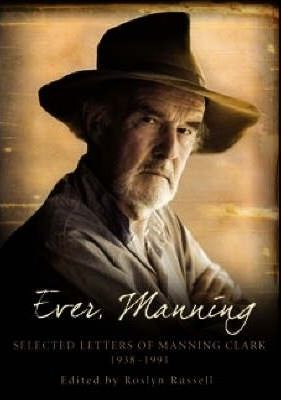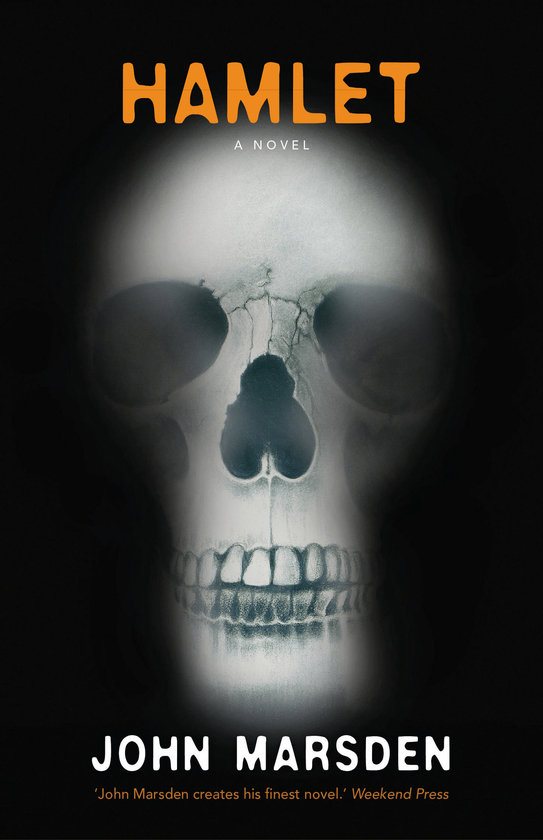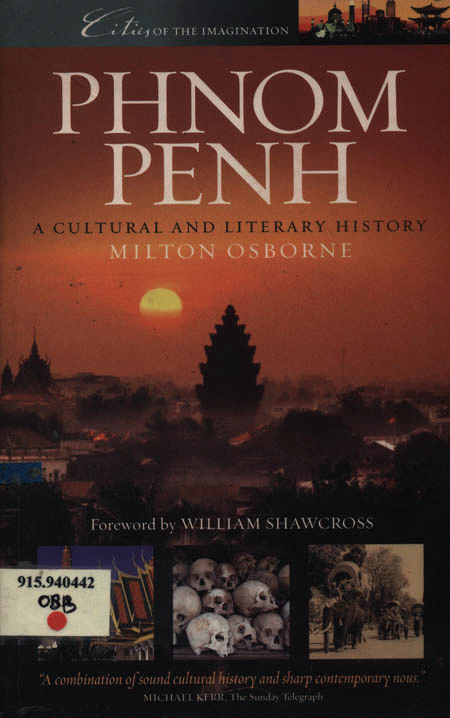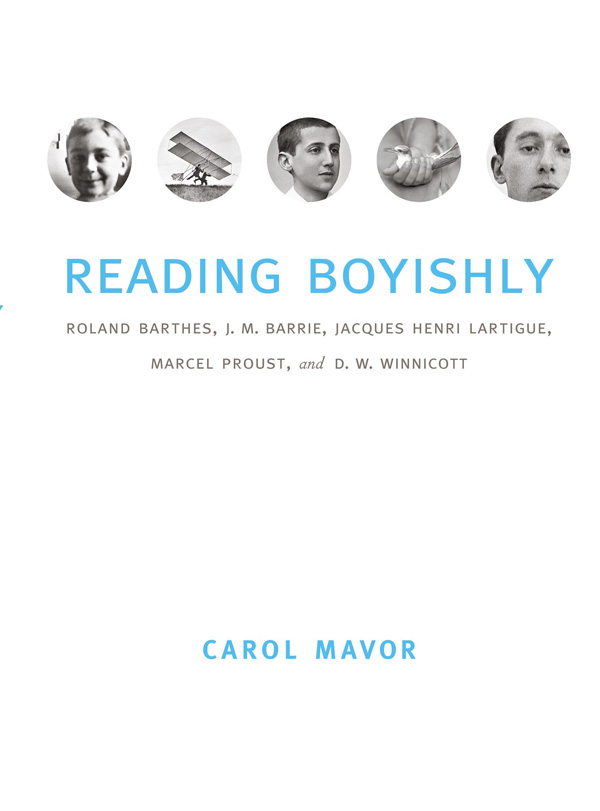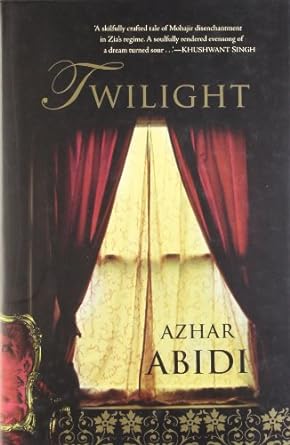Archive
Film | Theatre | Art | Opera | Music | Television | Festivals
Welcome to ABR Arts, home to some of Australia's best arts journalism. We review film, theatre, opera, music, television, art exhibitions – and more. To read ABR Arts articles in full, subscribe to ABR or take out an ABR Arts subscription. Both packages give full access to our arts reviews the moment they are published online and to our extensive arts archive.
Meanwhile, the ABR Arts e-newsletter, published every second Tuesday, will keep you up-to-date as to our recent arts reviews.
Recent reviews
Ever, Manning: Selected letters of Manning Clark 1938–1991 edited by Roslyn Russell
Howard’s Fourth Government by Chris Aulich and Roger Wettenhall (eds) & Inside Kevin 07 by Christine Jackman
Phnom Penh: a cultural and literary history by Milton Osborne
Reading Boyishly: Roland Barthes, J.M. Barrie, Jacques Henri Lartigue, Marcel Proust and D.W. Winnicott by Carol Mavor
A Matter of Principle: New meetings with the good, the great and the formidable by Jana Wendt
by the radio:
I mishear the news and sports presenter
say ‘the latest in nuisance sports’,
outside the light is green,
the lightning frightening stay away
from windows but the storm
takes no notice of me and my black Bic biro
here at the kitchen table

